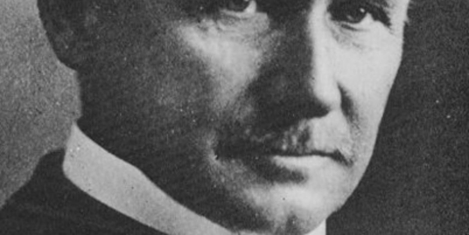June 10, 2020
IWBI launches WELL health and safety rating for buildings
 The International WELL Building Institute (IWBI) has annouced the launch of the WELL Health-Safety Rating for all building and facility types, an “evidence-based, third-party verified rating focusing on operational policies, maintenance protocols and design strategies to address a post COVID-19 environment”. The new health and safety rating is one of the earliest outcomes of IWBI’s Task Force on COVID-19, a group of nearly 600 public health officials, virologists, government officials, academics, business leaders, architects, designers, building scientists and real estate professionals, which was established in late March to help guide a response to the pandemic. (more…)
The International WELL Building Institute (IWBI) has annouced the launch of the WELL Health-Safety Rating for all building and facility types, an “evidence-based, third-party verified rating focusing on operational policies, maintenance protocols and design strategies to address a post COVID-19 environment”. The new health and safety rating is one of the earliest outcomes of IWBI’s Task Force on COVID-19, a group of nearly 600 public health officials, virologists, government officials, academics, business leaders, architects, designers, building scientists and real estate professionals, which was established in late March to help guide a response to the pandemic. (more…)






 With lockdown measures slowly easing in the UK, 65 percent of UK workers reveal that they would feel uncomfortable going back to the workplace right now, research claims. This is despite one in five (20 percent) expecting to be asked by their bosses to return to work in June. That’s according to new ‘Return to Work’ research from
With lockdown measures slowly easing in the UK, 65 percent of UK workers reveal that they would feel uncomfortable going back to the workplace right now, research claims. This is despite one in five (20 percent) expecting to be asked by their bosses to return to work in June. That’s according to new ‘Return to Work’ research from 

























June 15, 2020
Wellbeing for remote workers should not be lost in translation
by Brendan Street • Comment, Flexible working, Wellbeing